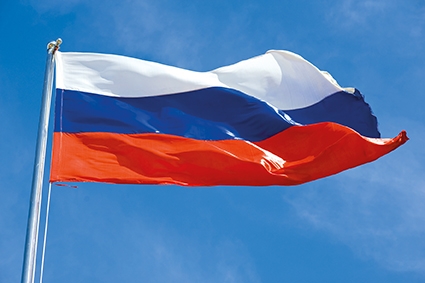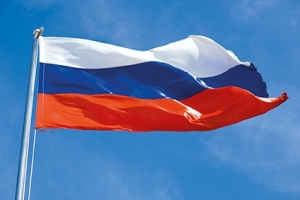Future of Russia (Part II): Foreign Pressure Instrumental for Changes
Russia has undergone fundamental changes following the collapse of the Soviet Union in 1991. These changes have taken different shapes and range from demography to foreign policy, from rising discontent within the population to a more troublesome economic situation.
Thus, the decline of Russia as a power continues and is made up of several interconnecting trends. I have written that Russian demographic trajectories indicate that the Russian population, which has been decreasing, is set to decline even further in the coming decades. In 2012, the Kremlin estimates projected that Russia’s population would diminish to 107 million people by 2045-2050.
This demographic decline in itself results from several factors such as low fertility rate and the HIV crisis. Moreover, the number ethnic Russians is in decline as opposed to the Muslim population.
The Russian decline is also characterized by general technological underdevelopment – the process which began in the last decades of the Soviet Union and accelerated in the 1990s.
Even inside the country, although it seems that all is quiet and comfortable, the situation is tense in the regions. Ethnic minorities might raise their voice once the center – Moscow – experiences deep economic troubles.
In fact, from a wider historical perspective, Russia has always been backward in technological and economic aspects. Even after the first two Five-Year plans under Joseph Stalin in the 1930s, when the country experienced almost a doubling of the industrial output in comparison with previous years, Soviet Russia still lagged significantly behind the European states. Further back, in the Romanov times, Russians were backwards in economics and other crucial components of state development.
There are many other components of the modern “decline of Russia” model. Inter-elite fighting in the Kremlin is important, so are the huge expenses spent on special security agencies and the state army.
However, though these trends are important, they are still somehow simplistic and lacking the understanding of how the Russian mindset works. If the political sovereignty in the West emanates from below, in Russia the government relies on coercive measures to control the vast country. Not only is this state of affairs not anathema to most Russians, but they expect their leaders to be tough-minded and heavy-handed. Hence the Kremlin’s lack of serious concern over the anti-government demonstrations which, in contrast to their over-dramatization by the Western media, reflect a small fraction of the Russian population.
Respect and obedience to authority is also a distinct element of the sociopolitical ethos of Russian society, which is neither overly democratic nor fully European nor despotically Asian.
However, it should be noted that although historically Russia has been always backwards in comparison to Europeans and experienced similar internal problems in earlier centuries too, it is still the foreign policy realm that has been instrumental in causing disturbances in Russia and the subsequent weakening of the country.
War with Japan in 1904-1905 ushered in the 1905 Revolution, while twelve years later, WWI caused the February and October revolutions. During the Soviet Union, the war in Afghanistan was one of the defining moments in the decline of the first Communist state and its eventual disintegration.
This brings to mind current geopolitical circumstances in and around Russia. As said, internally the country experiences problems, but they do not suffice to make the Russian government change the course the state has taken. Like in previous historical examples, foreign pressure on Russia could be instrumental to there being any changes. There are some arguments for this theory.
The current crisis between Russia and the West, the product of many fundamental geopolitical differences in both the former Soviet space and elsewhere, will remain unabated at least for the coming years. The successful western expansion into what was always considered the “Russian backyard” halted Moscow’s projection of power and diminished its reach into the north of Eurasia – between fast-developing China, Japan, and other Asian countries and the technologically modern European landmass.
But this too might not be enough. Direct Russian military involvement in foreign countries is what the Russians fear most. Westerners hoped that the Russian troops would be bogged down in Syria, it did not happen. Similarly, many thought Ukraine might have turned into the major battleground, but it does not seem so.
Thus, nowadays, we see how Russia is lagging and how much has it lost throughout the last several decades in the former Soviet space. But internal problems alone do not suffice for radical changes in Russia. In fact, Russian history shows that foreign military pressure is fundamental and this is what Russia does not have for the moment.
By Emil Avdaliani
Image source: collinsflags.com












